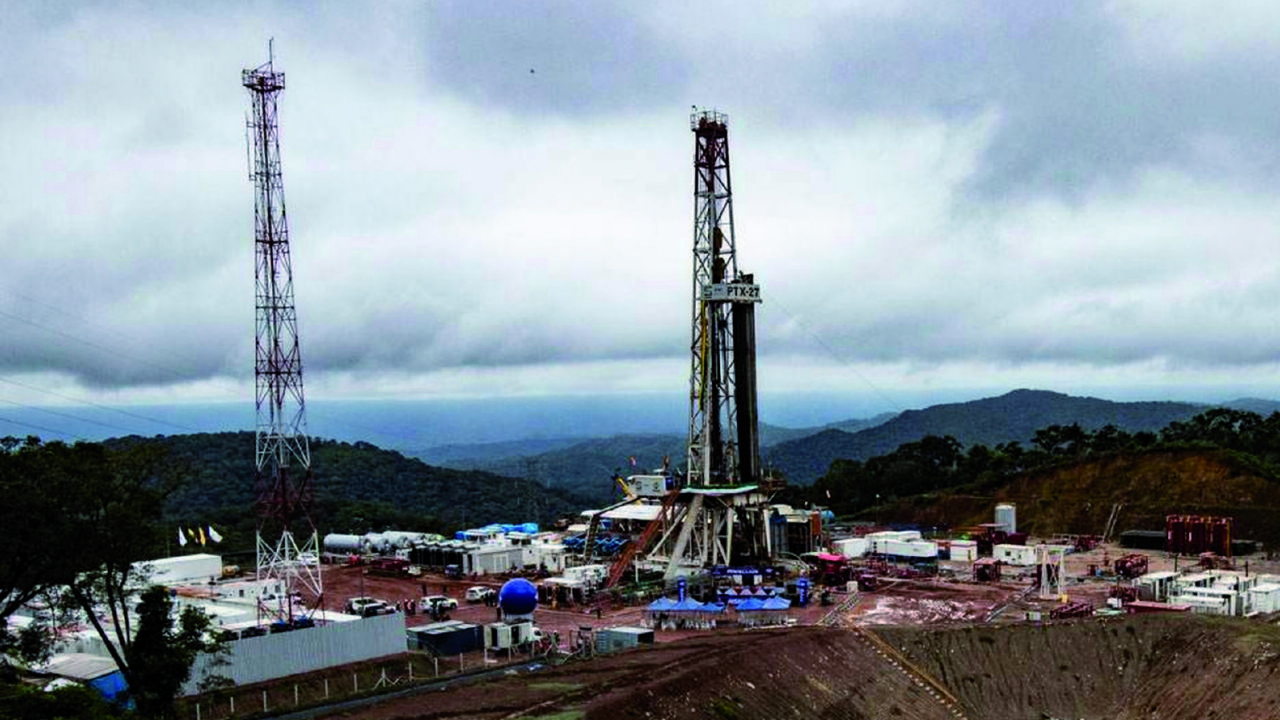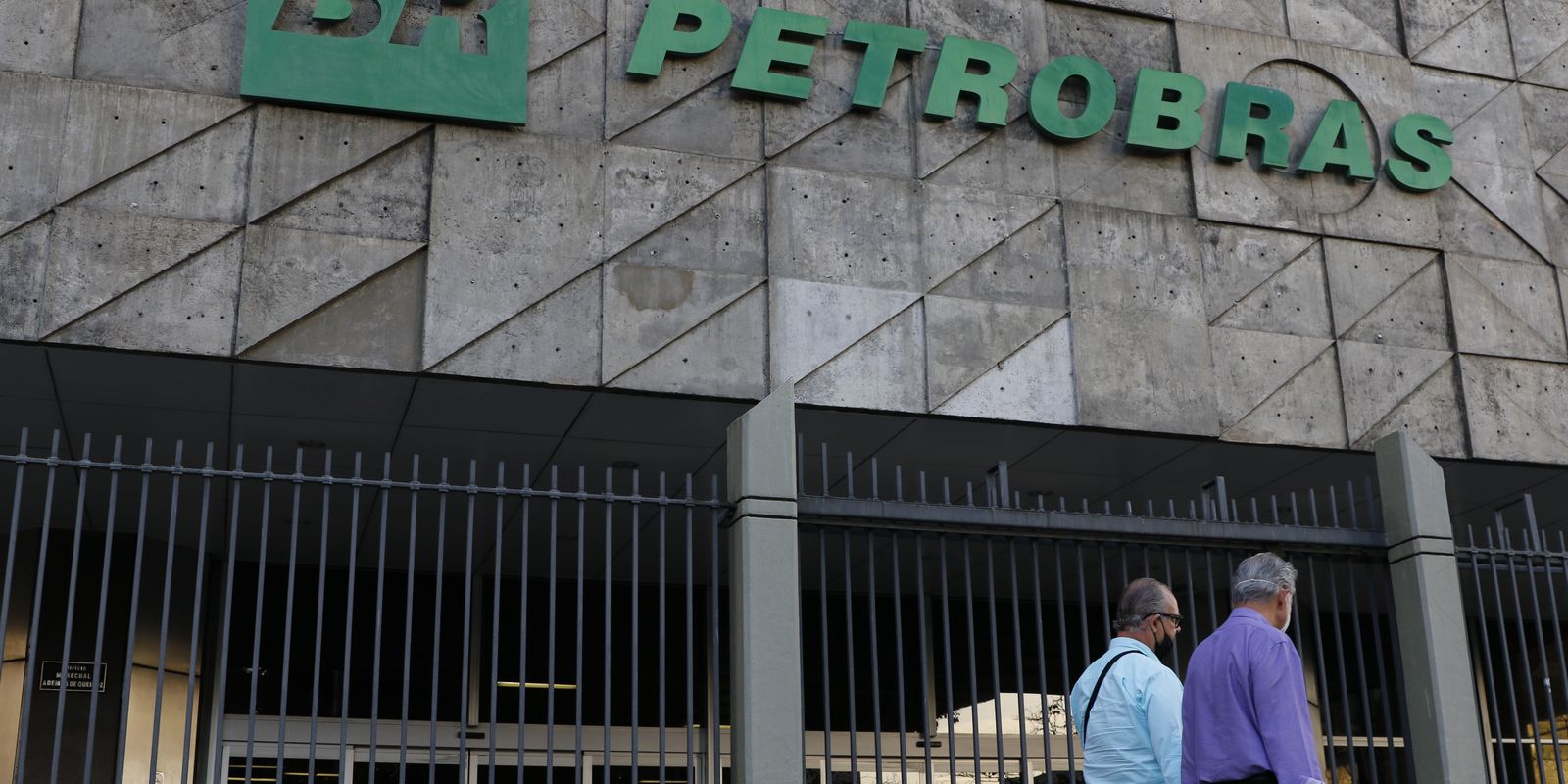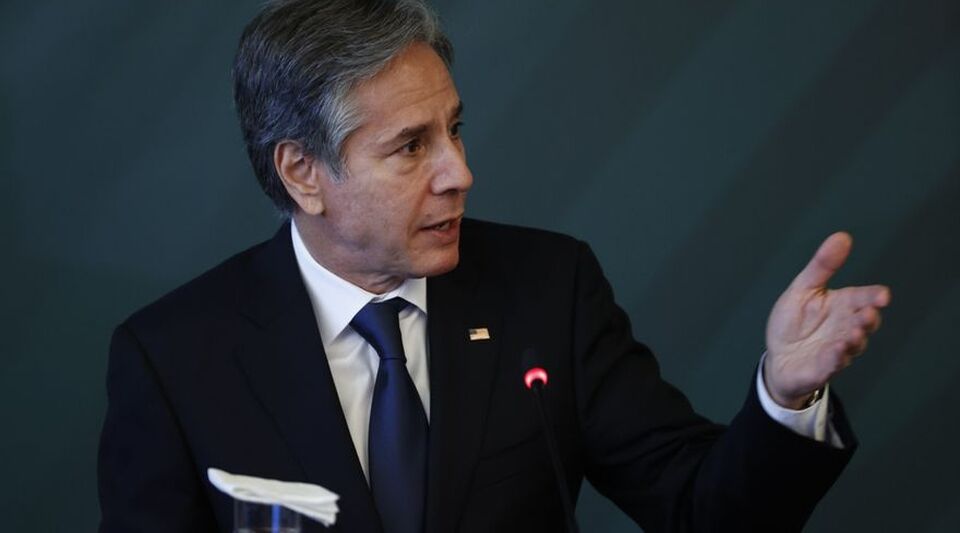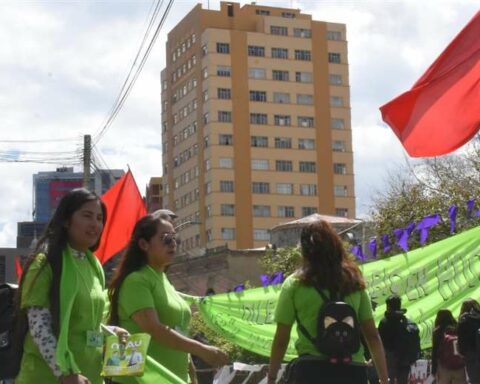Marco Belmonte / La Paz
Bolivia sends up to 30% less natural gas to Argentina and is exposed to fines, but Yacimientos Petroliferos Bolivianos (YPFB) attributed the problem to a drop of 2.5 million cubic meters per day (MMmcd) in one of the wells in the field. Daisy flower.
The Argentine Government, according to the Río Negro newspaper portal, will define in these days the beginning of a formal claim to YPFB for the breach of the deliver or pay clauses, because since October 22, YPFB shipments are for below the minimum volumes set in the fifth addendum to the contract that was signed in December last year.
The current addendum indicates that Bolivia must guarantee a minimum delivery of eight million cubic meters per day from October to December.
However, according to the public records of the National Gas Regulatory Entity (Enargas), which controls injections in the networks, since last October 22 the volumes sent by Bolivia have been below that level, and even in days like October 23, only 5.7 million cubic meters were injected and 6.8 million cubic meters on October 27, reported Río Negro.
In 10 consecutive days of non-compliance, the shipments from YPFB to Argentina already account for a difference of 9.1 MMmcd and match the conditions to activate a claim based on the deliver or pay clauses established in the contract.
Reservoir, in a statement, acknowledged that in recent weeks the shipment of natural gas volumes to the Argentine market, within the framework of the contract signed with Ieasa, suffered some inconveniences to reach the promised levels.
This is due to an operational failure in one of the wells in the Margarita field, the MGR-X3ST, which is one of the most productive in the country. “In this sense, for prevention, the delivery associated with the well was temporarily suspended, which prior to the incident, reached approximately 2.5 MMmcd,” YPFB specified.
The statement adds that this failure, notified as a force majeure event by the field operator (Repsol), put the operation of the field at risk. These situations are foreseen in the contract and are managed in this context. “Repsol’s specialized team, in coordination with YPFB, has been working for several weeks to restore production from the MGR-X3ST well and it is expected to restart the delivery of volumes in the shortest possible time. It should be remembered that the gas supply is guaranteed, as well as the fulfillment of the contractual obligations ”, indicates Yacimientos.
Álvaro Ríos, former Minister of Hydrocarbons, explained that the lower gas shipments to Argentina have to do with the drop of 2.5 MMmcd in this well in Margarita due to a problem of sand and stones, presented a couple of months ago. The second factor is the start-up of the urea plant that demands a little more than one MMmcd and the priority that exists to sell the product that generates a million dollars of income per day.
“The production capacity is 42 MMmcd and if you take away 20 MMmcd to send to Brazil and 14 to 15 MMmcd to the domestic market, there are seven million to send to Argentina,” he said.
He warned that for next year production tends to decline more and only six MMmcd can be delivered to Argentina and in 2023 only five MMmcd and that is why the new addendum must be negotiated with excess volumes.
Hugo de la Fuente, former Superintendent of Hydrocarbons, indicated that by law the domestic market is the priority and due to the drop in production, he opts to adjust volumes with Argentina and comply with the contract with Brazil, which is tougher in terms of penalties. He added that the last discovery dates from 2006 with Total and gas reserves are depleted, investment is not being attracted and there is no new hydrocarbons law.
Negotiation and lack of new reserves
-
Distrust According to the Río Negro portal, sources familiar with the negotiations with Bolivia indicated that the Government is suspicious that the lower injection made by YPFB is due to a real drop in production, but rather that the neighboring country would be prioritizing shipments bound for Brazil over Argentina.
-
Problems According to Hugo de la Fuente, former Superintendent of Hydrocarbons, gas reserves are depleted because all the gas discovered before 2006 was exploited. “What is not common is that the Government has not taken forecasts, Law 3059, approved in 2005, is still in force, there is no new hydrocarbons law and we are not attractive to attract investment,” he said.
-
Impact In the past, Argentina failed to comply with the contractual volumes and Bolivia was not strict in the penalties and the governments of both countries that have political affinity can negotiate possible fines in the face of lower shipments, experts point out.







